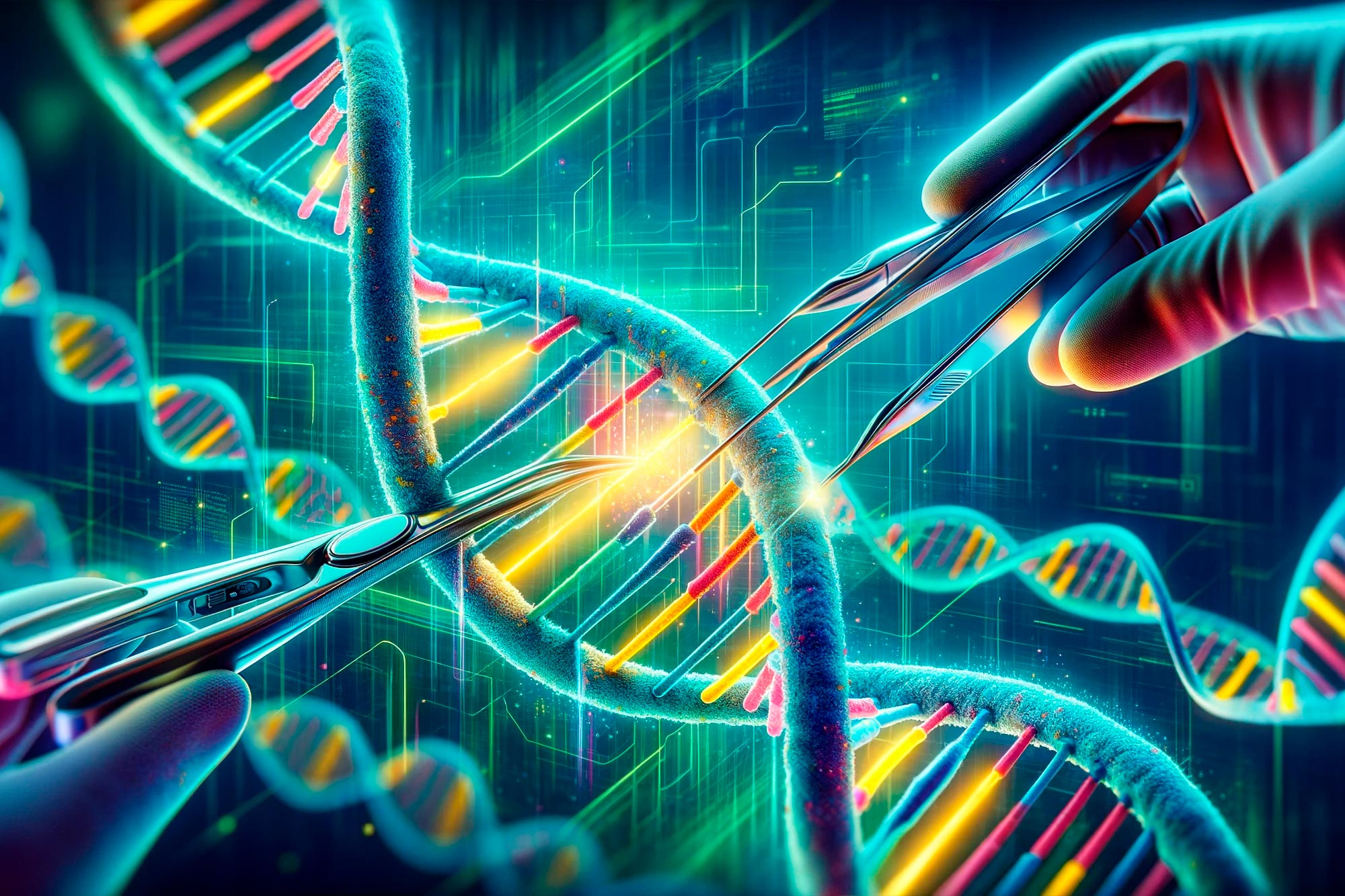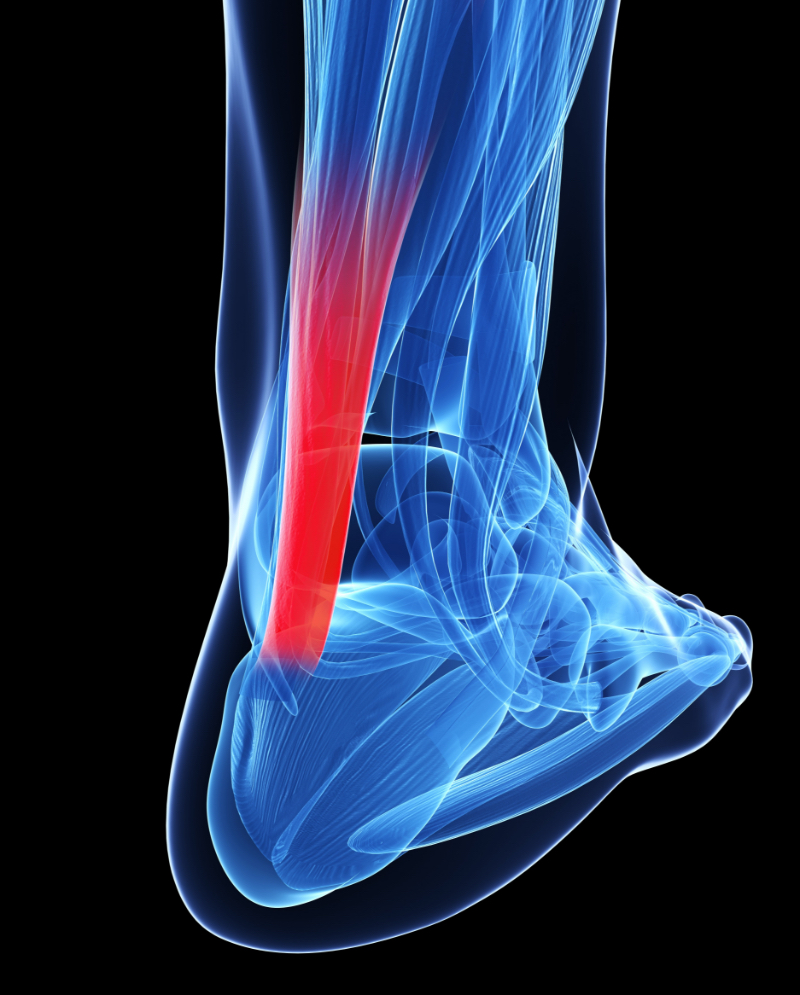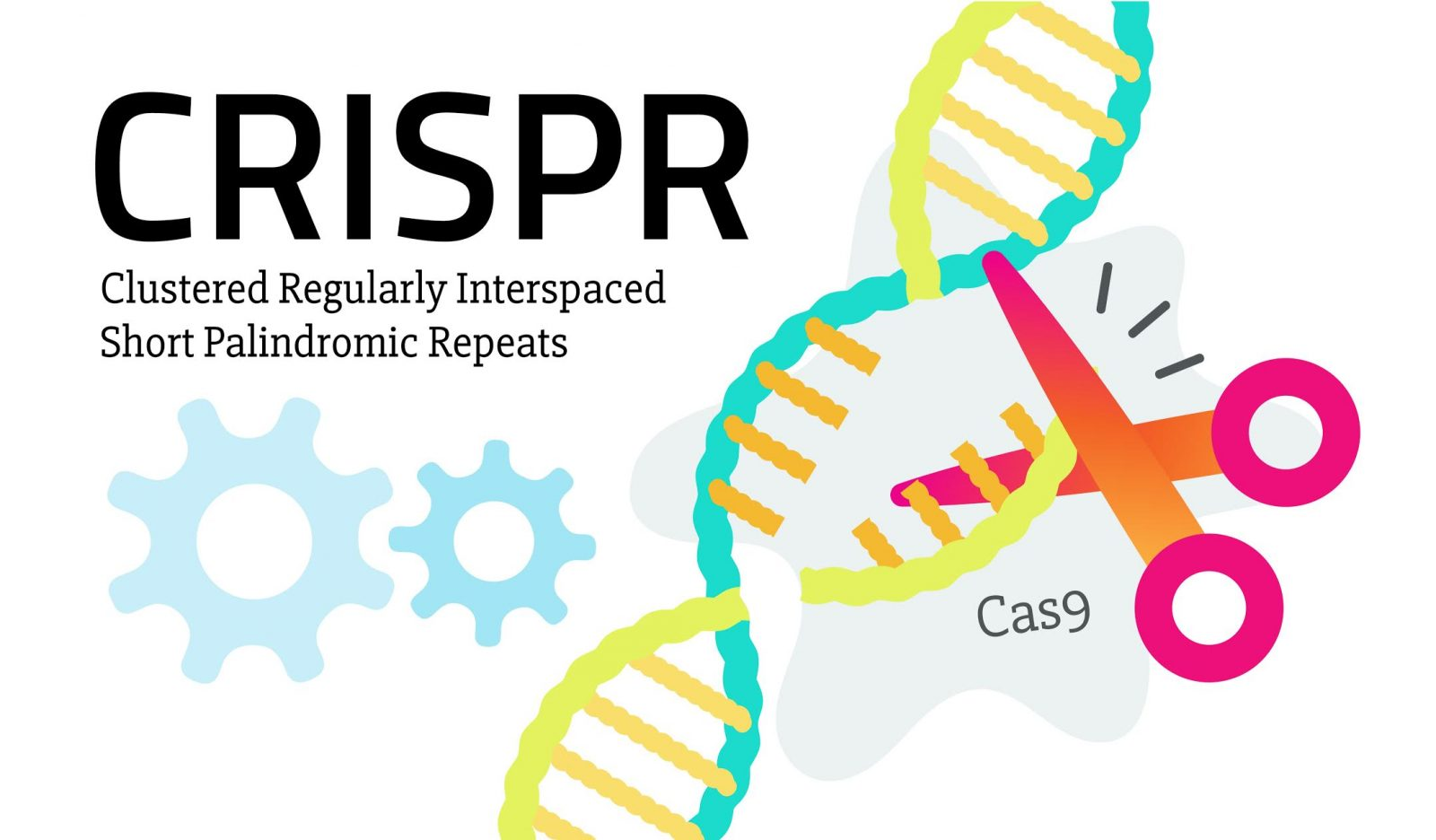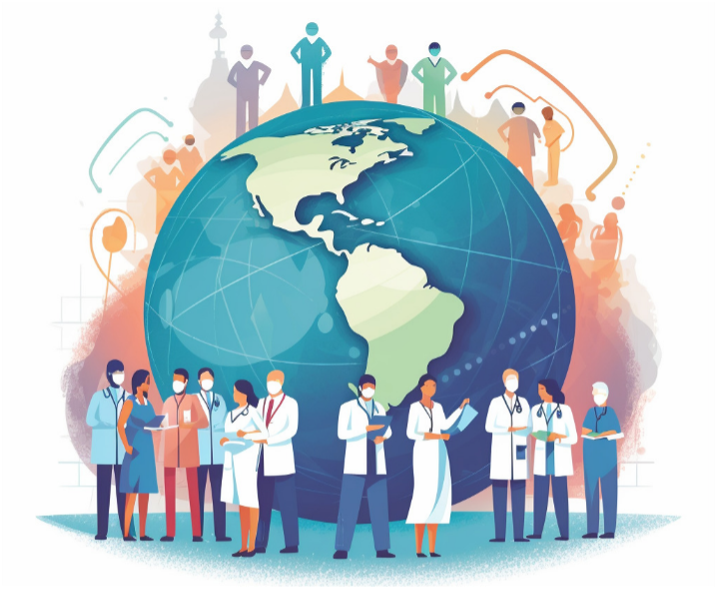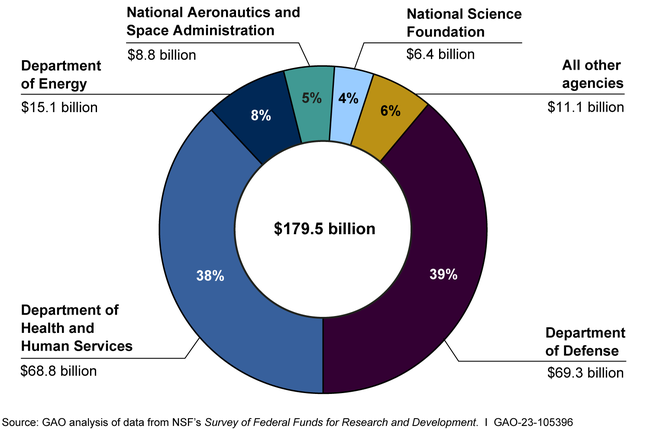Gene editing is revolutionizing modern medicine, promising unprecedented breakthroughs in the treatment of genetic disorders. With the advent of CRISPR technology, researchers can precisely alter DNA sequences, opening doors to potential cures for conditions like sickle cell anemia. This powerful tool allows for targeted gene therapy that can not only alleviate suffering but potentially eradicate genetic diseases altogether. However, as we stand on the brink of these scientific advancements, important conversations about bioethics in medicine arise, questioning the moral implications of modifying human genetics. Furthermore, ensuring health equity in gene editing is crucial, as the benefits of these innovations should be accessible to all, not just a privileged few.
The field of genetic modification, often referred to as genomic alteration or gene manipulation, is reshaping our understanding of human health. Employing techniques such as genome editing, practitioners aim to address hereditary conditions and chronic illnesses with remarkable precision. This transformative approach not only targets genetic abnormalities but also ignites discussions surrounding the ethical landscape of altering human traits. As advancements continue under the banner of gene therapy, experts are increasingly focused on the implications of such technologies for society at large. Ensuring that these breakthroughs contribute to broader health equity remains a pressing concern as we navigate the complexities of bioethics in medicine.
Understanding CRISPR Technology and Its Applications
CRISPR technology, or Clustered Regularly Interspaced Short Palindromic Repeats, has revolutionized gene editing, offering unprecedented precision and flexibility in altering DNA sequences. This powerful tool allows scientists to target specific genes, enabling modifications that can eradicate genetic disorders such as sickle cell anemia. Through CRISPR, researchers can remove or alter genes responsible for diseases, providing hope where there was once none. For many children suffering from severe genetic conditions, this technology signifies a potential cure and restores the possibility of a healthier life.
However, while the promise of CRISPR technology is enticing, its applications raise significant bioethics concerns. As highlighted in the discussion by Neal Baer, the ability to edit genes introduces dilemmas about the morality of altering human traits. Should society intervene in natural variations or only focus on debilitating diseases? Balancing the benefits of CRISPR against the potential for misuse or unintended consequences is vital for ensuring responsible research and implementation.
Frequently Asked Questions
What is gene editing and how does CRISPR technology play a role in it?
Gene editing refers to the process of altering the genetic material of an organism, allowing for modifications to DNA sequences. CRISPR technology is a groundbreaking tool that enables precise gene editing by using RNA-guided nucleases to target specific sequences of DNA for modification. This technology has revolutionized fields like genetics and biotechnology by simplifying the method of gene manipulation.
Can CRISPR technology be used to cure sickle cell disease?
Yes, CRISPR technology has shown promise in curing sickle cell disease by allowing scientists to edit the genetic mutations that cause this condition. By using CRISPR to manipulate somatic cells, researchers can remove the genes responsible for sickle cell anemia, offering hope for effective treatments and potentially curing patients.
What are some ethical concerns associated with gene editing using CRISPR technology?
The ethical concerns surrounding gene editing with CRISPR technology include issues of consent, particularly when editing germline cells that affect future generations. There are also debates about the implications of selecting for certain traits, economic disparities in access to gene therapy, and the potential for unintended consequences in edited genes.
How does gene therapy differ from gene editing technologies like CRISPR?
Gene therapy generally involves introducing, removing, or altering genetic material within a patient’s cells to treat disease, often using viral vectors to deliver the new genes. In contrast, gene editing technologies like CRISPR directly modify the existing DNA at targeted locations, allowing researchers to make precise changes to the genome.
What role does bioethics play in the discussion of gene editing and health equity?
Bioethics plays a crucial role in the discussion of gene editing technologies by addressing ethical dilemmas regarding the use of these technologies. It examines issues of fairness, consent, and health equity, ensuring that advancements in gene editing are accessible to all populations and do not exacerbate existing health disparities.
What are the implications of gene editing for health equity?
Gene editing raises important implications for health equity, as the high costs and accessibility of advanced technologies like CRISPR could lead to inequities in who benefits from gene therapies. It is essential to consider health justice and ensure equitable access to gene editing innovations to prevent advancements from disproportionately benefiting affluent populations.
Is germline editing safe, and what are the concerns?
Germline editing is a controversial area of gene editing, as it involves making changes that can be inherited by future generations. Concerns include the possibility of off-target effects, ethical dilemmas about ‘designer babies,’ and the long-term impacts on human genetics, which are still not fully understood. Oversight and regulation are crucial in ensuring safety and ethical applications.
| Key Points | Details |
|---|---|
| Ethical Concerns | Discussion on whether we have the responsibility to change human differences through gene editing. |
| CRISPR Technology | Allows editing of somatic and germline genes to potentially cure diseases like sickle cell anemia. |
| Cure Cost and Accessibility | The cost of sickle cell treatment via gene editing is around $2.2 million, raising questions about who can afford it and global health equity. |
| Parental Decisions | Raises issues on whether parents should decide attributes for their children, questioning the ethics around gene modifications. |
| Potential Risks | Gene editing may have unintended consequences, as genes evolve and interact in complex ways. |
| Global Oversight | Concerns about monitoring of gene editing practices in countries with less regulation, such as China or Russia. |
Summary
Gene editing emerges as a revolutionary technology capable of curing various diseases, such as sickle cell anemia, but it also brings forth numerous ethical dilemmas. As explored in recent discussions by experts like Neal Baer, the promise of technologies like CRISPR must be weighed carefully against the potential risks and moral responsibilities involved. With the power to alter human genetics, society faces critical questions about the implications of such changes, particularly concerning equity, parental rights, and unforeseen consequences. Therefore, while gene editing holds immense promise for medical advancement, it calls for a balanced approach to ensure ethical integrity in its applications.
